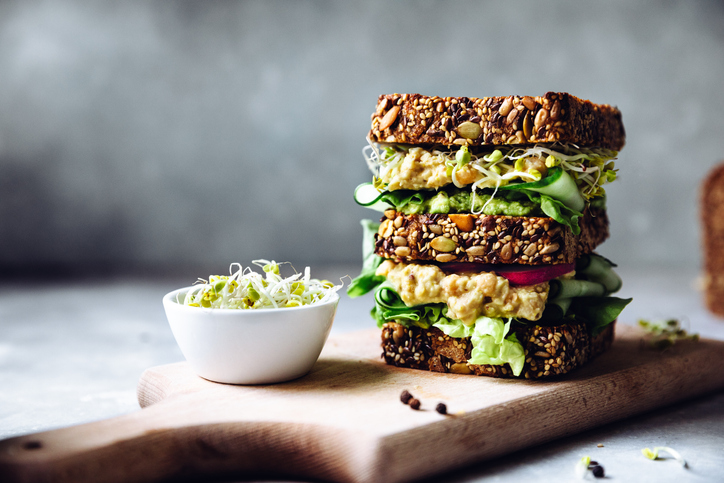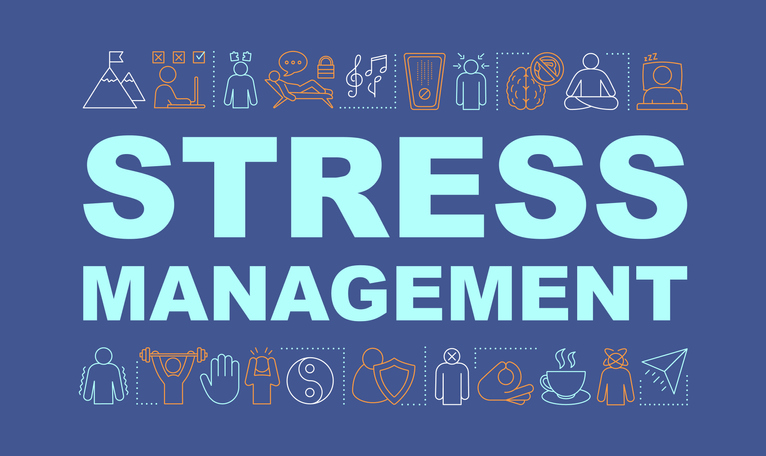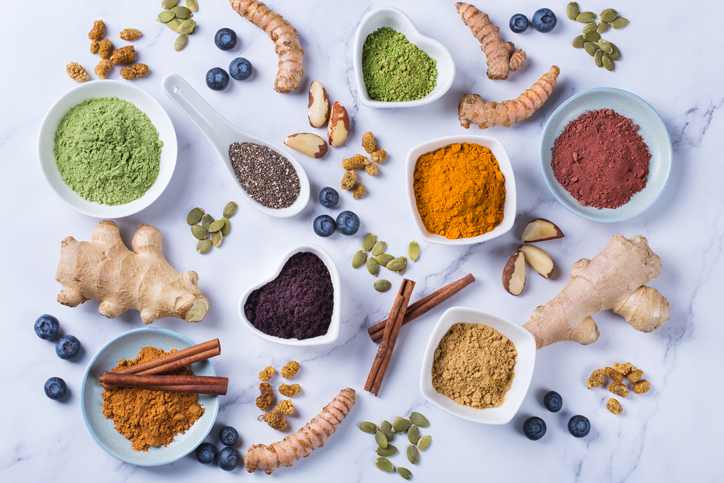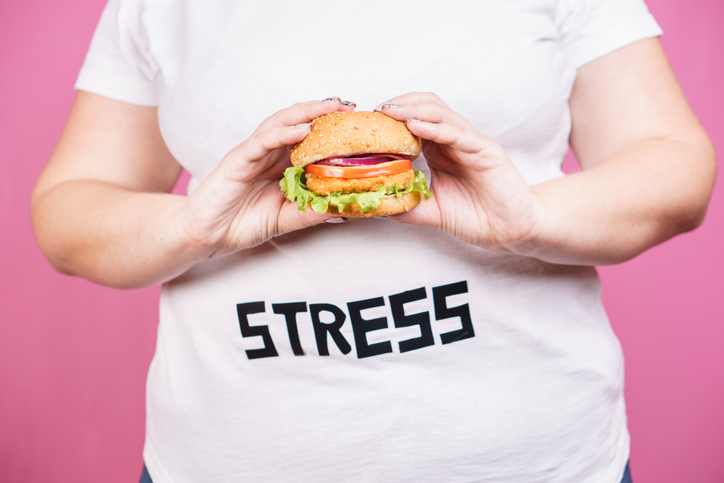Wellness
Foods to Eat for Stress Management

Stress can negatively affect overall health. Acute stress can cause various health issues including, but not limited to, headaches, weight gain, digestive problems and decreased immunity. Chronic stress increases the risk for type 2 diabetes, obesity, anxiety, depression and heart disease. An estimated 55% of Americans report feeling stressed, and 22% out of that 55% use food as a coping mechanism for stress.
When stress occurs, the body releases cortisol, insulin and ghrelin hormones, which cause unhealthy food cravings. If stress continues, another hormone, called leptin, increases. Leptin helps the body recognize when it is full. Too much leptin can lead to loss of appetite.
Certain foods can boost levels of serotonin (a feel-good chemical), lower blood pressure and boost the immune system. Foods that can reduce stress include the following:
Liquids
Drinking black tea can lower levels of cortisol, a stress hormone. Chamomile tea can increase the production of serotonin, a feel-good chemical in the brain. Milk contains high levels of calcium and vitamin D, which help relax muscles, stabilize moods and ease anxiety symptoms. Dietitians recommend drinking a glass of skim or low-fat milk each day. Drinking plenty of water ensures the body stays hydrated. Even mild dehydration increases cortisol levels, which increases stress.

Fish
Fatty fish, such as salmon, sardines, halibut and tuna, can boost mood while also strengthening the heart. Eating fish full of Omega-3 fatty acids can reduce surges in stress hormones, ease depression, and reduce symptoms of premenstrual syndrome.

Carbohydrates
Carbohydrates increase levels of serotonin, which boosts mood and reduces stress. Complex carbs, such as whole-grain breads, old-fashioned oatmeal, and brown rice, help stabilize blood sugar levels, which can also lower stress levels. Simple carbs or refined carbs, most often found in sweets and sodas, quickly digest and spike serotonin levels; however, they also spike blood sugar levels, increase inflammation and raise blood pressure.

Fruit
Fruits high in vitamin C, such as oranges, grapefruit and strawberries, can curb levels of stress hormones (cortisol). Adding vitamin C supplements to the diet can also lower blood pressure and strengthen the immune system. Bananas are high in vitamin B6, potassium and magnesium. Vitamin B6 is essential for the nervous system to properly work. Eating bananas can also boost dopamine, which is a mood-boosting chemical. Magnesium plummets during periods of stress, resulting in increased depression and anxiety. Avocados are full of healthy monounsaturated fats, vitamin B6, vitamin C, potassium and fiber. Vitamin C and vitamin B6 help reduce stress, while potassium helps lower blood pressure.

Vegetables
Munching on raw vegetables, such as carrots or celery, can relax clenched jaws and ease tension. Leafy greens, such as spinach or kale, are rich in magnesium and folate. Folate plays a key role in the production of dopamine, a feel-good chemical. Magnesium helps regulate cortisol and blood pressure. Low magnesium levels can trigger headaches and fatigue.

Nuts
Nuts help ward off unhealthy cravings, lower blood pressure and decrease stress levels. Pistachios, walnuts and almonds are high in vitamin B and a good source of healthy fats; however, they are rich in calories and can lead to weight gain. A handful (one quarter of a cup) of nuts per day is all that is needed to decrease stress levels, lower cholesterol and ease inflammation in the arteries of the heart. Almonds are also rich in vitamin E, which boosts the immune system.

Chocolate
Dark chocolate is not only tasty but also rich in antioxidants. Enjoying a 1-ounce piece of dark chocolate (containing at least 60% cacao) per day can lower levels of stress hormones.


















